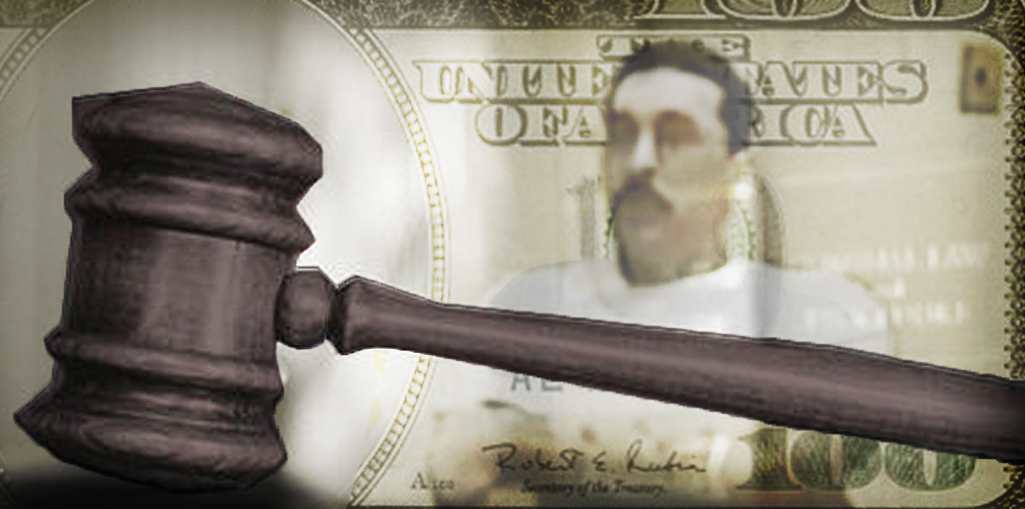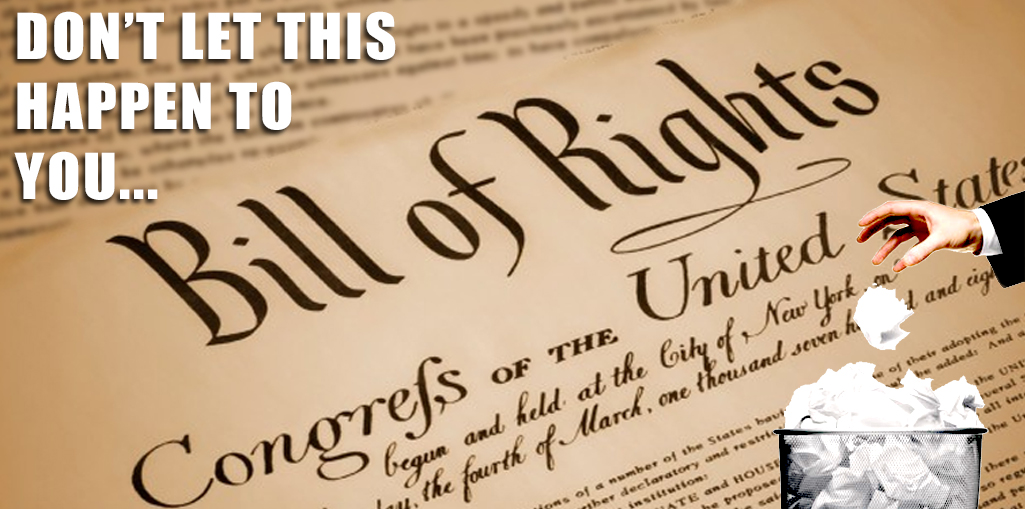I have had many clients come to me and say, either jokingly or for real, can’t I pay someone to “take care of this?” I always laughingly say, “This isn’t Chicago with Al Capone and gangsters running the courts”. Apparently, I was wrong. At least 600 cases involving traffic citations, DUI arrests, and other assorted cases being “fixed” are being investigated in the Orange County court system.
Many defendants in Orange County are being called into court to explain how their cases were either dismissed, fines suspended, charges reduced, or otherwise resolved all without anyone actually appearing on their matters. The answer appears to be that a clerk in a supervisorial position in the Orange County court entered into the record fraudulent transactions resolving the cases in return for lots of money.
From many defendants’ point of view the idea of paying someone to handle their case is in line with their cultural beliefs. Many in our community have recently immigrated from countries where paying money to government officials to resolve their matters without going to court is a way of life. Coming to the United States and continuing that practice is not something that is seen as criminal but is a normal manner of dealing with the government. A large segment of the community is not educated in the law and as long as they don’t have to go to court and face a judge, paying more than would be required to a third party is a small price to pay.
 Orange County Criminal Defense Lawyer Blog
Orange County Criminal Defense Lawyer Blog



 Recently an inmate in Wyoming was released after serving 24 years in prison for a crime he did not commit.
Recently an inmate in Wyoming was released after serving 24 years in prison for a crime he did not commit. 